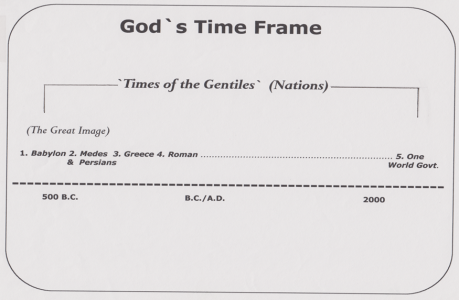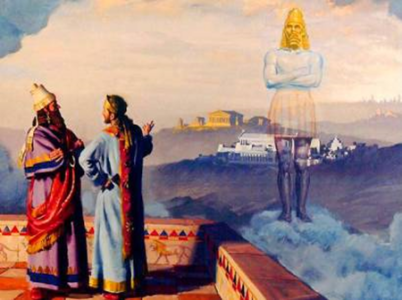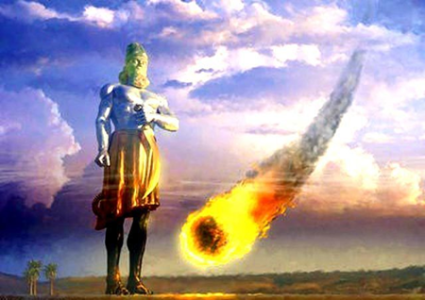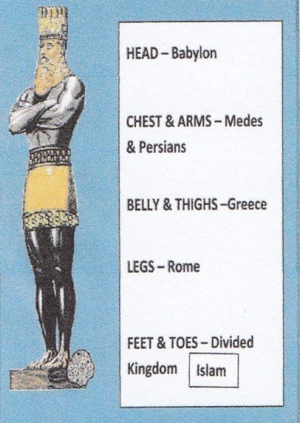I suppose a conclusion could be reached if we actually knew when Rev was written. Or not.
Also, the wording of such...and companion in tribulation ... and not "the" tribulation may offer a clue.
Yes, a conclusion can be drawn as to which particular period of "tribulation" John was experiencing in Revelation 1:9, and this ties in perfectly with all the other internal evidence within Revelation that already points to a composition date somewhere between late AD 59 and early AD 60.
John was not in "THE great tribulation" period yet, because a "
great tribulation" period was going to be experienced in the future by those in Revelation 2:22 who were following the "doctrine of Balaam" and were not repenting of this.
John at the time of writing Revelation was then in the middle of the tribulation period which Paul in 2 Cor. 1:3-8 described as taking place in Asia. "Blessed be God, even the Father of our Lord Jesus Christ, the Father of mercies, and the God of all comfort; Who comforteth us in all
our tribulation, that we may be able to comfort them which are in any trouble, by the comfort wherewith we ourselves are comforted of God. For as the sufferings of Christ abound in us, so our consolation also aboundeth by Christ. And whether we be afflicted, it is for your consolation and salvation, which is effectual
in the enduring of the same sufferings which we also suffer: or whether we be comforted, it is for your consolation and salvation. And our hope of you is stedfast, knowing, that as
ye are partakers of the sufferings, so shall ye be also of the consolation.
For we would not, brethren, have you ignorant of our trouble (thlipseos) which came to us in Asia, that we were pressed out of measure, above strength, insomuch that we despaired even of life:"
This "suffering", "trouble", "affliction" and "tribulation" was happening to the believers subsequent to the riot of the silversmiths in Ephesus led by Demetrius around AD 57. That tribulation period for the believers is described in very understated terms in Acts 19:23, "
And the same time there arose no small stir about that way." Demetrius acknowledged the effect of Paul's widespread evangelism that had taken place in Asia, saying that "...not alone at Ephesus, but almost throughout all Asia, this Paul hath persuaded and turned away much people, saying that they be no gods, which are made with hands..."
Paul earnestly wanted to join his two companions who were facing off against the entire group of screaming Ephesians in the theater (which seated about 24,000), but was prevented by the disciples. This was probably due in great measure to Priscilla and Aquilla's intervention, who Paul testified as "laying down their necks" on his behalf (Romans16:3-4).
Once the AD 57 riot of the silversmiths against Paul and the believers was quelled, this must have emboldened the hostile Jews in Asia to begin a ramped-up persecution of the believers in the years afterward. Patmos is just off-coast from Ephesus, and was under its jurisdiction. Anyone of the church in Ephesus (such as John) who ran afoul of the law in Ephesus (the capitol of Asia at the time) would have likely been sent to Patmos.





